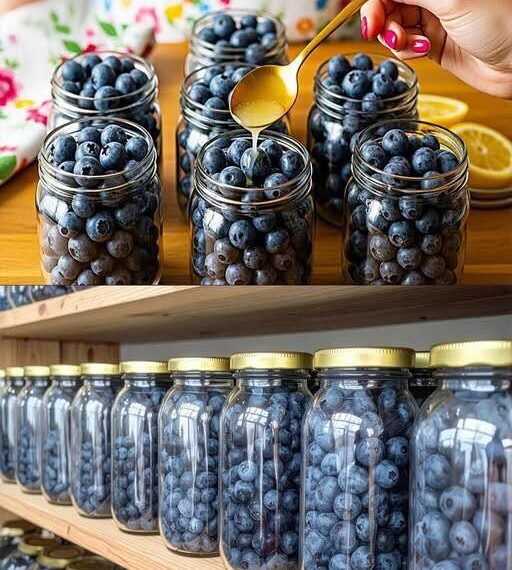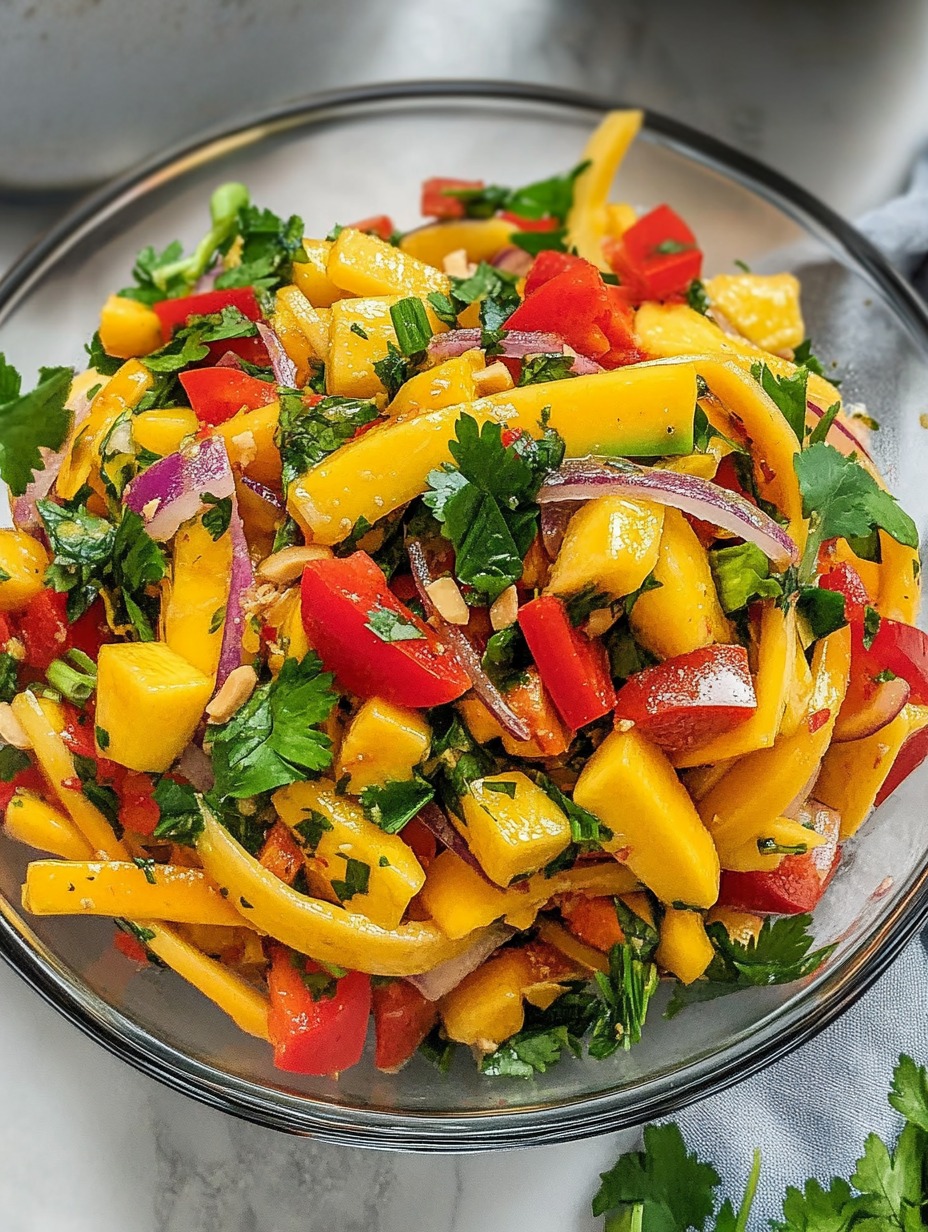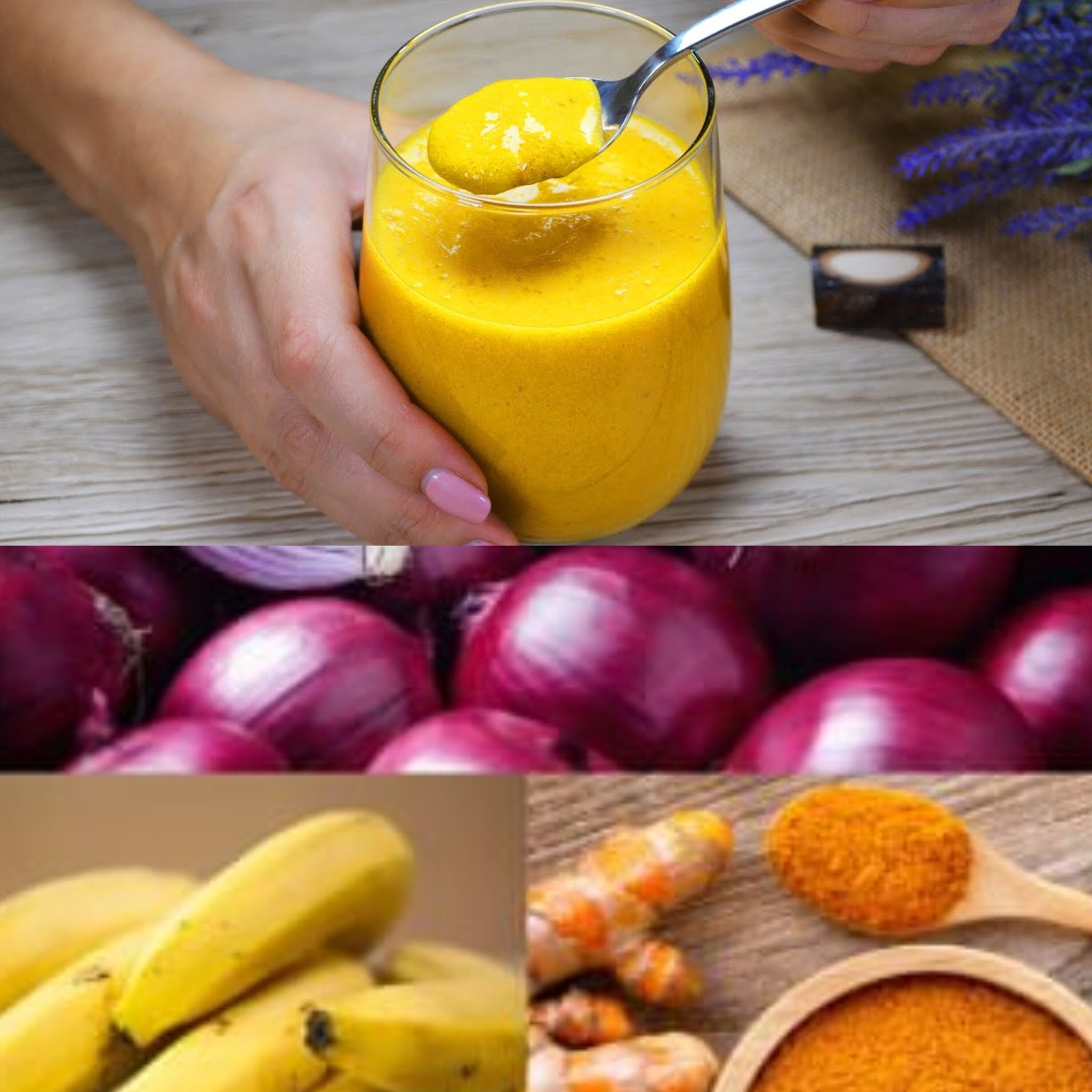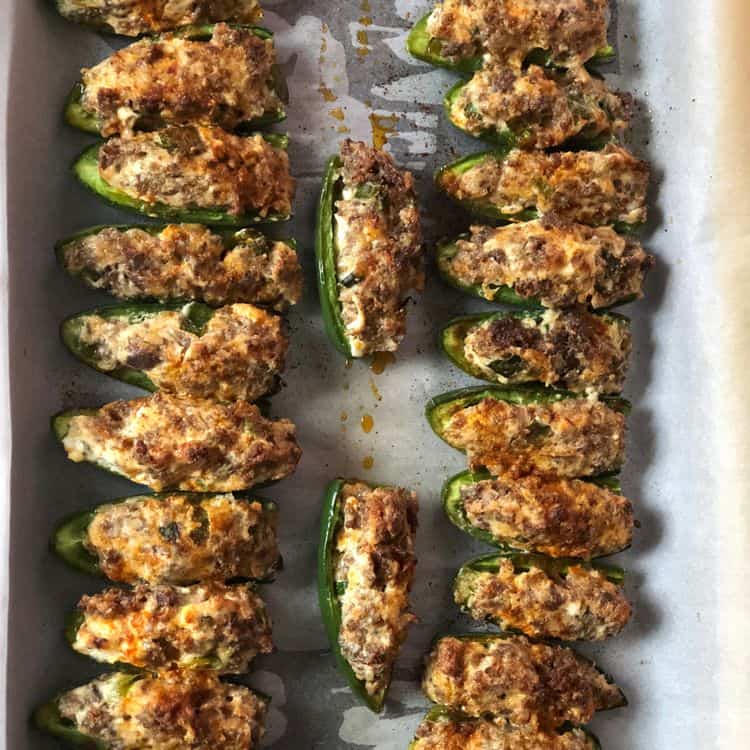Blueberries: tiny, flavorful powerhouses packed with antioxidants, vitamins, and fiber. Whether you’ve picked them fresh from a local farm, gathered them in your backyard, or scooped them up on sale at the farmer’s market, these delicious berries deserve to be enjoyed long after summer fades.
But fresh blueberries don’t last long. They’re delicate, prone to mold, and can go soft or spoil within days if not stored properly. That’s where home preservation comes in.
Sure, freezing is the go-to for most, but if you’re short on freezer space—or simply want a natural, shelf-stable method—there’s a better way. You can preserve fresh blueberries in jars, using just water and lemon juice, no sugar, no chemicals, and no freezer required.
Here’s how to do it—and why more people should be preserving berries this way.
Why Preserve Blueberries in Jars?
Many assume freezing is the only way to keep blueberries fresh beyond a few weeks, but water-bath preservation (or pasteurization) is an age-old, highly effective method with several distinct benefits:
✅ No Freezer Space Needed
Your frozen foods can keep the freezer, while your blueberries get cozy on a pantry shelf.
✅ Fresher Flavor
Frozen blueberries often become mushy or lose flavor over time. Jarred berries retain a more natural, juicy texture.
✅ Longer Shelf Life
Properly sealed and stored, these blueberries can last up to 6–12 months without spoiling.
✅ Easy Transport
Perfect for camping trips, road snacks, or sending to loved ones—without needing ice packs or refrigeration.
✅ All-Natural Ingredients
No sugar. No syrup. No chemicals. Just blueberries, lemon juice, and water.
What Makes This Method Safe?
This method relies on mild pasteurization and a boost of acidity from lemon juice to inhibit bacteria, mold, and yeast growth.
Specifically, it targets Clostridium botulinum, the bacteria responsible for botulism—a serious foodborne illness. While this bacteria cannot survive high-acid environments, fruits like blueberries (which are mildly acidic) need a little extra help. That’s where lemon juice comes in. It increases the acidity to a safe level for water bath canning.
Note: This is not full pressure canning, which is used for low-acid vegetables and meats. Since blueberries are high in natural acids (especially when combined with lemon juice), water bath pasteurization is sufficient here.
What You’ll Need
🫐 Ingredients:
- Fresh, ripe blueberries (organic, if possible)
- Freshly squeezed or bottled lemon juice (ensure it’s 100% juice with no additives)
- Clean, filtered water
🧰 Tools:
- Clean 750 ml (or pint-sized) glass jars
- New airtight jar lids (never reuse old ones for preserving)
- A deep pot large enough to fully submerge jars
- A jar lifter or tongs
- A clean kitchen towel
- A ladle and funnel (optional but helpful)
- A stove or heat source
Step-by-Step Guide: Preserve Blueberries Naturally
Step 1: Wash the Blueberries
Rinse the berries thoroughly under cool running water. Discard any overripe, moldy, or shriveled berries.
Drain well in a colander and pat dry gently using a clean cloth or paper towel. Moisture is fine, but you don’t want them soaking.
Step 2: Sterilize Jars and Lids
Place jars and lids in boiling water for 10 minutes, or run them through the sanitize cycle of your dishwasher. Allow them to dry completely. Sterilization helps prevent bacteria growth and ensures a strong seal.
Pro Tip: Keep jars warm until ready to use—either by leaving them in hot water or warming them in the oven at 170°F (77°C). This prevents glass breakage when adding hot liquid later.
Step 3: Fill the Jars
Carefully pack the dry blueberries into the sterilized jars. Do not mash or crush them—fill to about 2–3 cm below the rim (around the bottom of the jar’s neck).
Note: Gently tap the jars on a towel-covered surface to help berries settle and remove trapped air.
Step 4: Add Lemon Juice
Next page





